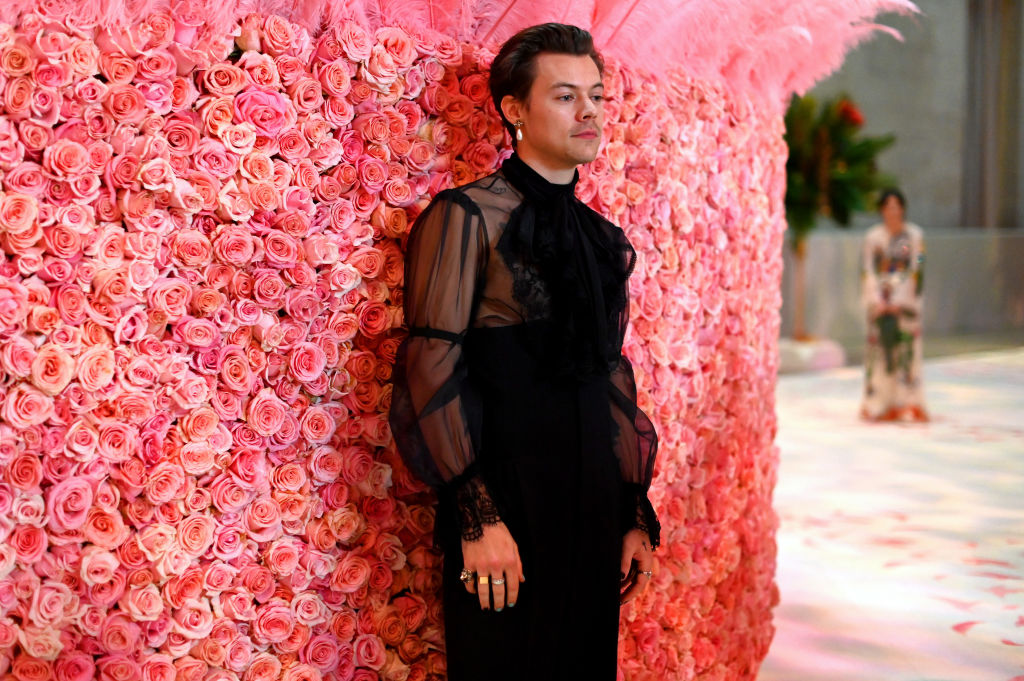
I grew up in a family of perfectly acceptable and normalised Australian masculinity. Dad worked in male-dominated industry. My brother played footy and cricket. Other male role models sank tinnies and played golf on the weekends. It wasn’t toxic, nor was it vehemently progressive. Like most Gen Z / Millennial cuspies, I matured to celebrations of Australian male identities who ran the fastest, threw the furthest and sang the slickest rock songs about girls that they’d met in a club once. Us mid-twenty-somethings grew up with the phrase “man up” deeply steeped in our lexicon and psyche.
“Man up”.
What does the term mean to you?
Does it light a fire in your belly making you want to push through pain and be stronger? Does it magically cure you of any sense of emotion that isn’t steely grit and coldness?
While so much has been done to bring about the end of age-old gender stigmas, we as a society are still caught in the rut of telling people to man up. To push through. To tough it out.
At the wise age of 23, I like to think that I have seen some shit. Throughout the course of my teens and early twenties, I developed the un-enviable skill of undereating which eventually manifested in an eating disorder. My physical body slowly rendered itself into anorexia, while my emotional mindset fluttered through various forms of chaos. I drank too much to numb my feelings of worthlessness. I overcommitted to spending time with everyone but myself. In a cruel irony, I was infatuated with the man that I detested in the mirror.
The anorexia flourished due to chronic stress and what felt like a perpetual burnout. I’d moved from my hometown in Adelaide to the Sydney rat race to hustle, and that I did. I burnt through part-time jobs, study commitments and friends, faster than my Aries tendencies would have me make an irrational decision.
It was around the time of my 21st birthday that the franticness reached a fever pitch. While my mind raced at a mile a millisecond, constantly searching for the next thing, my physical body was deteriorating into uselessness. My heart palpitated to an unforgiving frequency, my eyes jolted out of my black eyelids, I couldn’t sleep and I lost the ability to ejaculate (TMI – but we are down the rabbit hole now, folks).
Naively fearing I had developed diabetes, I went to the GP. The rest is a drawn-out saga of history through psychology sessions, dietitian appointments, relapses, friendship battles and self-realisation that have led me to now.
For so long, I danced with my perfectionism to become the perfect man. Fit, attractive, eloquent, employable, the life of the party. The quest for manly perfection failed.
Some years later, I am physically recovered, emotionally learning to love my body a little more each day, have completed a yoga teacher training and work a vibrant assortment of jobs. It is oh so far from the white picket fence with VB in hand idea of manly bliss I anticipated having in my childhood.
My gradual debunking of manhood is far from uncommon. We see it time and time again, where the so-called perfect boy unravels and evolves into a type of man society doesn’t expect. Many are confused by Harry Styles‘ delicious flamboyance. Others don’t understand why Prince Harry chose to protect his wife and family over the House of Windsor. Worse still we are surprised when well-known mature age men tragically decide that suicide is their only option.

Every day in Australia, approximately seven men die by suicide. Yet, blokes are constantly far less likely to seek help for ill mental health.
Our fetish with telling those who identify as male to bury their feelings beneath an iron curtain is leading to less men seeking help and more men taking drastic measures to have their cries for help heard.
Maybe “manning up” is actually about noticing the black dog having an extravagant dinner party with the elephant in the room and calling it out.
Each year governments roll out money to support mental health organisations, but the alarming statistics ring on. While funding is vital, it’s those incidental late night message check ins, the pub catch ups, the chats on the bloody golf courses that will change how blokes talk about being blokes.
I am a bloke that: has recovered from an eating disorder, spends money on skincare, feels like a dirty washcloth when a suitor from Hinge doesn’t message me back and sought out therapy. Do any of these things make me any less of a man? I choose to treat it as a sign of strength, growth and manning up.
Will Cook is a freelance publicist, occasional writer, yogi and mental health advocate. He’s passionate about preventative wellbeing strategies and de-stigmatising mental ill-health
If you would like to speak to someone about the issues raised in this article, you can contact The Butterfly Foundation (1800 33 4673), headspace (online services) Lifeline (13 11 14) or BeyondBlue (1300 22 4636).



